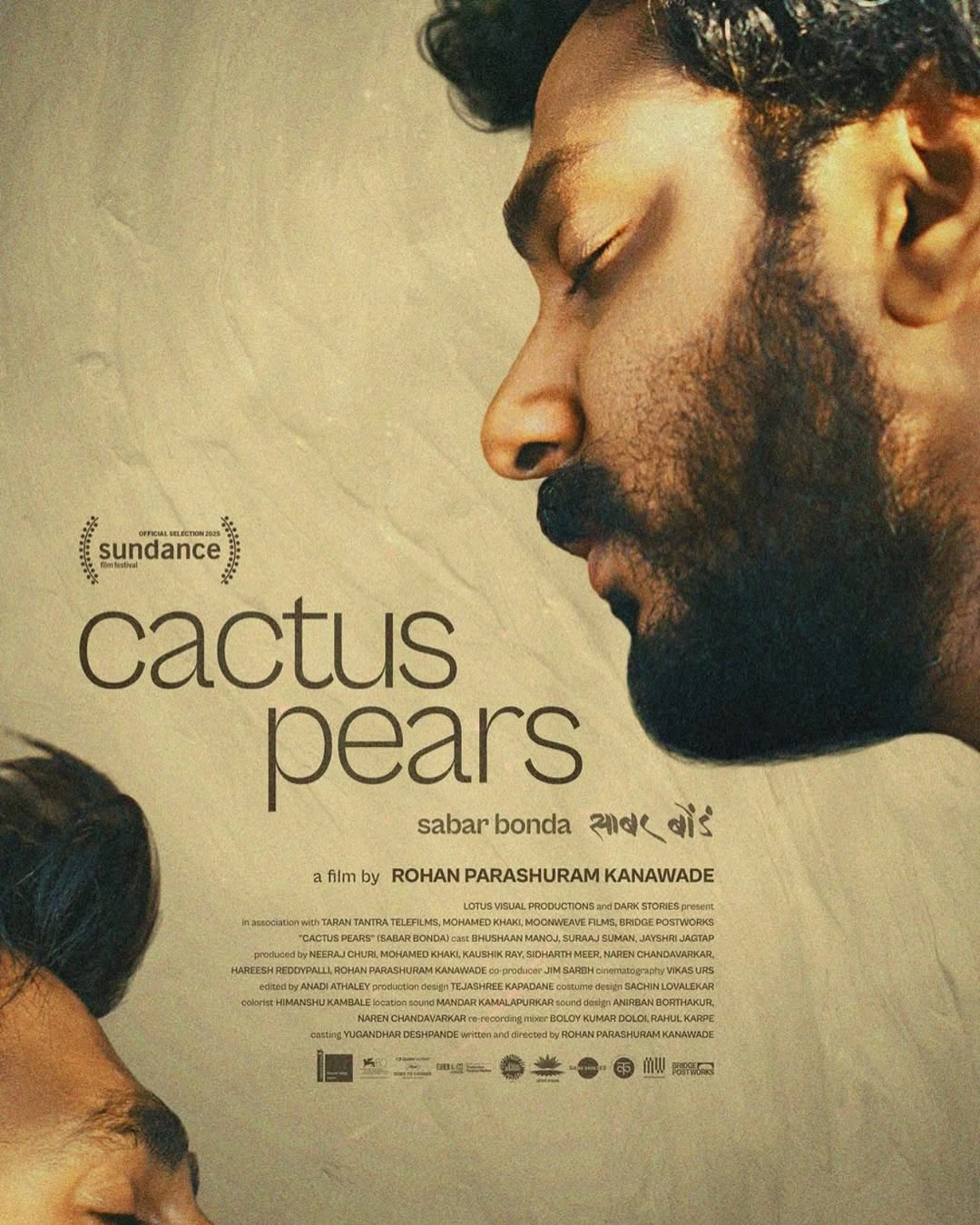
casting.yug / Instagram
The film’s nuanced but humane take on identity is a refreshing look at storytelling
January 31, 2025
An Indian film recently took Sundance by storm. Sabar Bonda (Cactus Pears) is not only the first-ever Marathi film to screen at the festival, but is also the only Indian entry this year. Beyond this milestone, it quietly shattered barriers, offering a rare moment of global recognition for LGBTQ+ narratives from regional India. The film follows Anand, a queer man returning to his village for his father’s last rites. Yet, beneath its tender exploration of love lies a deeper cultural critique — the unspoken tension between tradition and identity.
In the film, queerness isn’t a revelation — it simply exists. Director Rohan Kanawade, drawing from his own life, crafts a story where love is tender, unburdened by shame, and defined by quiet moments. Set against the sun-drenched fields of Maharashtra, the film sees Anand as he reconnects with Balya, his childhood crush. Their bond isn’t shaped by grand declarations, but by shared silences and unspoken understanding, unfolding in a world far removed from the complexities of modern dating.
What sets Sabar Bonda apart is its embrace of nuance. Anand’s mother’s understated acceptance — a rare cinematic moment — offers a glimpse of hope for queer audiences. “I always knew,” she says, echoing a sentiment Kanawade heard from his own mother.
This is not just a queer love story; it’s a reflection on breaking free from societal expectations while holding onto one’s roots. Through Sabar Bonda, Kanawade reminds us that sometimes, in resisting the mould, we create space for the quiet, transformative joy of being seen.